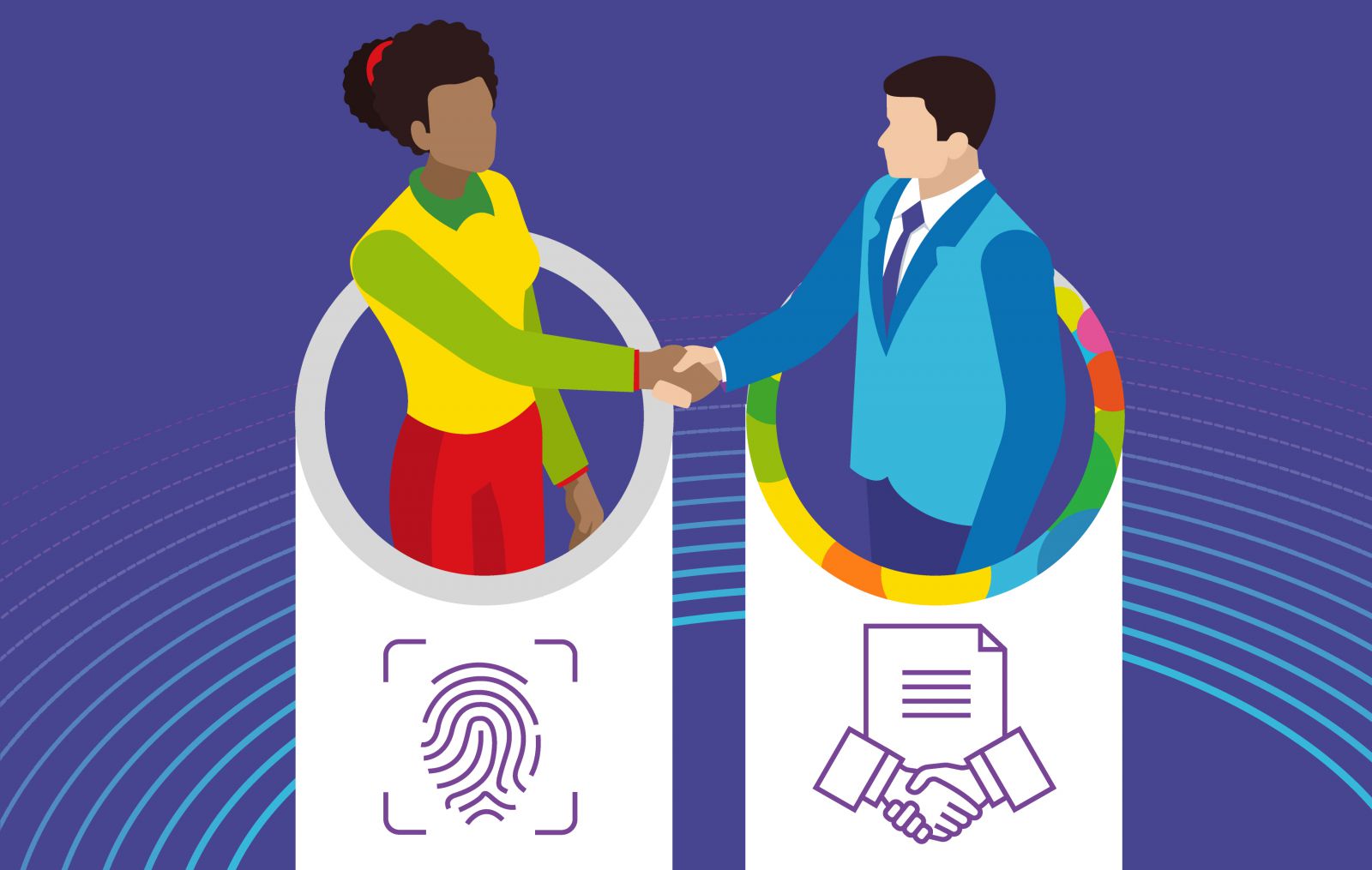The Swiss will be more involved in the future electronic identity. The Federal Council launched a new decentralized system for consultation on Wednesday, which gives users greater control over their data.
The digitization of society is progressing rapidly. The administration wants to follow the movement and offer citizens ever more online services, such as an extract from the criminal record or a certificate of residence. An electronic identity (e-id) is required for this purpose.
A first system was challenged by the people in March 2021. Management by private parties and centralization of data were the main pitfalls. It is no longer a question. The Confederation will issue future e-ids and operate the necessary infrastructure. And the data will not be concentrated in one place. Each user will keep his own on his phone.
Another great novelty: the e-id will be the digital equivalent of an identity card or a passport.
“It can be used in the digital world as an analog,”
Justice and Police Minister Karin Keller-Sutter told the media.
Virtual Wallet
Concretely, anyone wishing to have an e-id will have to download an application, which works like a wallet. He will then have to request an e-id from Fedpol.
To do this, he will have to scan his identity card, passport or residence permit. During a verification filmed in real time, the future user will also have to perform several head movements in order to avoid any usurpation.
Fedpol will then compare the data and photos collected with its own records, and issue an e-id. In total,
“the process should not last more than two minutes,”
said Michael Schöll, director of the Federal Office of Justice (OFJ). And the service should be available day and night.
Verification using the AVS number
The e-id will be the first document in the virtual wallet. It can be joined by a whole series of other documents obtained thanks to this instrument, such as a membership card for the village jass club or even a concert ticket.
To obtain them, the user must make a request to the responsible authority or the private actor concerned using his AVS number. The latter will verify their identity using two newly created registers, containing no data linked to the user’s identity and managed by a federal office.
“Fedpol will not know when I use my e-id,” noted Michael Schöll.
In the event of loss or theft of your smartphone, you will have to renew an e-id. It will also not be possible to have several electronic identities on several telephones. The validity period is not yet fixed. However, it could be equivalent to that of a passport, ie ten years.
Free and optional
Free, the e-id will also be optional. The steps with the federal administrations can always be done physically.
“It is above all not a question of transforming the smartphone into an electronic bracelet”,
pointed out the director of the OFJ.
“The e-id must above all enable citizens to move about in the digital space in an autonomous and safe manner.”
At the same time, all cantonal and municipal authorities will have to accept the federal e-id. The system must also comply with international standards for the e-id to be recognized abroad.
The consultation is open until October 20. A lengthy legislative process should follow. The first e-id should not see the light of day before 2025, indicated Karin Keller-Sutter.
However, the administration is not waiting idly by. Two pilot projects are being carried out internally. The Federal Roads Office is working on an electronic student driver’s permit. And federal employees could soon receive a digital legitimation card.
Source:






Comments